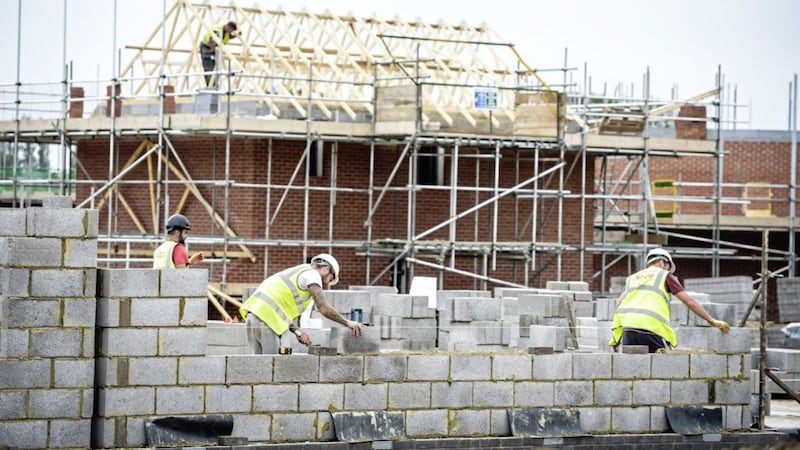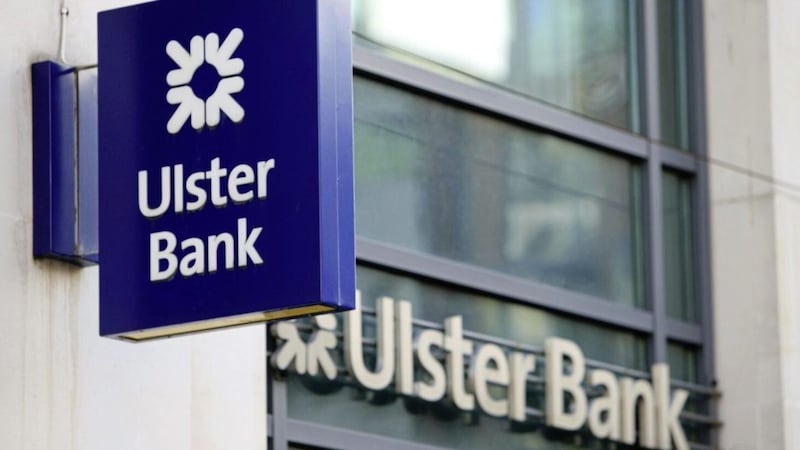QUESTION: I'm a building contractor resident in Northern Ireland. To date, all of my work has been based in the north. I recently accepted a job renovating a house in Dublin and am concerned about the Irish VAT implications of same. Can you please advise what I need to do?
ANSWER: There are special VAT rules within the construction industry and the status of your customer and the possible use of other sub-contractors will determine if you need to register for VAT.
If your customer is a private individual then you will need to register for VAT and charge VAT at the appropriate rate, which is 23 per cent on goods and 13.5 per cent VAT on labour.
Again there is a special rule known as the two-thirds rule, whereby if at least two-thirds of the value of the invoice relates to the labour element the 13.5 per cent rate can apply to the full invoice including the goods element.
If your customer is another contractor, they will be known as a principal contractor within the RCT (relevant contracts tax) scheme and you will not need to charge any VAT on your invoices to them. In this instance VAT registration will not be necessary as the principal contractor accounts for all VAT via the reverse charge.
However, if you engage any sub-contractors in relation to this job, you too will become a principal contractor and must self-account for VAT under the reverse charge system on any invoices charged by sub-contractors.
If VAT registration is required you will need an Irish PPS number. If you do not already have an Irish PPS number you will have to attend a Department of Social Protection registration centre in person to request one.
Finally, you will be required to register for income tax in the Republic if you have a Permanent Establishment (PE) or a “deemed” PE in RoI. Article 5 of the double tax treaty between UK and RoI defines a PE as a fixed place of business in which the business of the enterprise is wholly or partly carried on. A PE includes a place of management, a branch, an office, a factory, a workshop.
A deemed PE includes a building site or construction or installation project which lasts for more than six months, a building site where the contractor brings a significant amount of plant, machinery or equipment onto the site or where the contract value is €635K or more.
Therefore if you expect any of these three conditions will apply to the renovation of the house in Dublin, you should register for income tax in the Republic.
:: Janette Burns (j.burns@pkffpm.com) is associate director at PKFFPM (www.pkffpm.com). The advice in this column is specific to the facts surrounding the question posed. Neither The Irish News nor the contributors accept any liability for any direct or indirect loss arising from any reliance placed on replies.








